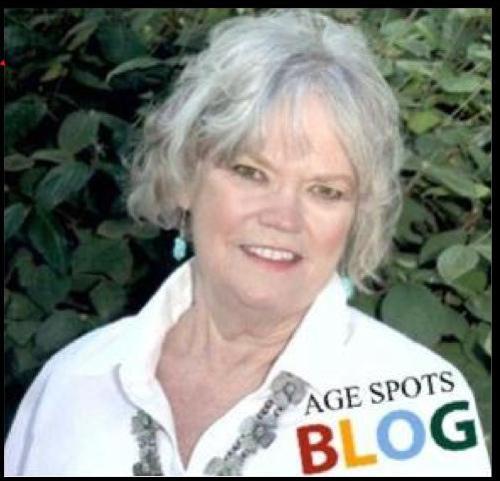
Age Spots by Ruth Dockins
How to Help a Veteran
The following information is provided by: Leanna Duncan, Medical Foster Home Coordinator for veterans.
The John J. Pershing VA Medical Center is looking for experienced caregivers to establish their Medical Foster Home (MFH) Program. Although the Medical Foster Home program is new to our area, it has been around since a pilot project at the Little Rock VA was started in 2000. Currently there are 121 sites in 45 states and territories that have started the program.
By definition, VA’s MFH is a unique partnership of an adult foster home and a VA interdisciplinary home care team such as Home Based Primary Care. The home provides long-term care in a personal home as an alternative to nursing home care. The program targets Veterans who meet all of the following five criteria:
1. Meet nursing home level of care and prefer a non-institutional setting
2. Are unable to safely live independently because of physical, cognitive or emotional limitations
3. Have inadequate support by family and friends
4. Have sufficient income to pay for MFH
5. Meet criteria for and are admitted for care by VA’s Home Based Primary Care (HBPC) program
A Medical Foster Home is a home that is owned or rented by the caregiver in which the caregiver lives and provides personal care and supervision to Veterans. The program allows for three or fewer residents (Veterans and non-Veterans) to live in each home while receiving health care from the HBPC team. This team includes a Nurse Practitioner, Registered Nurse, Dietician, Social Worker and other disciplines as needed. These team members work closely together with the caregivers and Veterans to develop a plan of care to help Veterans maintain their quality of life in the community.
VA's role in the Medical Foster Home program is to recruit, screen, and oversee potential caregivers and their home. The homes undergo a thorough initial and then annual inspection by an interdisciplinary team. The application process for the caregiver includes, but is not limited to, reference checks, financial screening, and medical screening to provide care to Veterans. The partnership of community adult foster care providers and VA interdisciplinary home care teams assures that healthcare and psychosocial care needs are met and that continual oversight is provided. Caregivers in the MFH program are required to attend bi-annual trainings to remain current on skills and information pertinent to providing Veteran care in the home.
The Medical Foster Home program strives to maintain a long term commitment between the caregivers and the Veterans. The caregiver and the Veteran enter an informal agreement that serves as a guideline to their residence in the home and expectation of care. The Veteran and or his or her family are responsible to pay the caregiver $1500 to $3000 per month depending upon the care needs and situation. This monthly payment includes room and board, 24-hour a day supervision, and personal care and assistance when needed. The MFH Coordinator serves to facilitate the agreement between the caregiver and the Veteran and provide on-going oversight of this partnership between the caregiver, Veteran, and home care team.
For further information and inquiry, please contact Leanne Duncan, Medical Foster Home Coordinator at (573) 686-9789.

